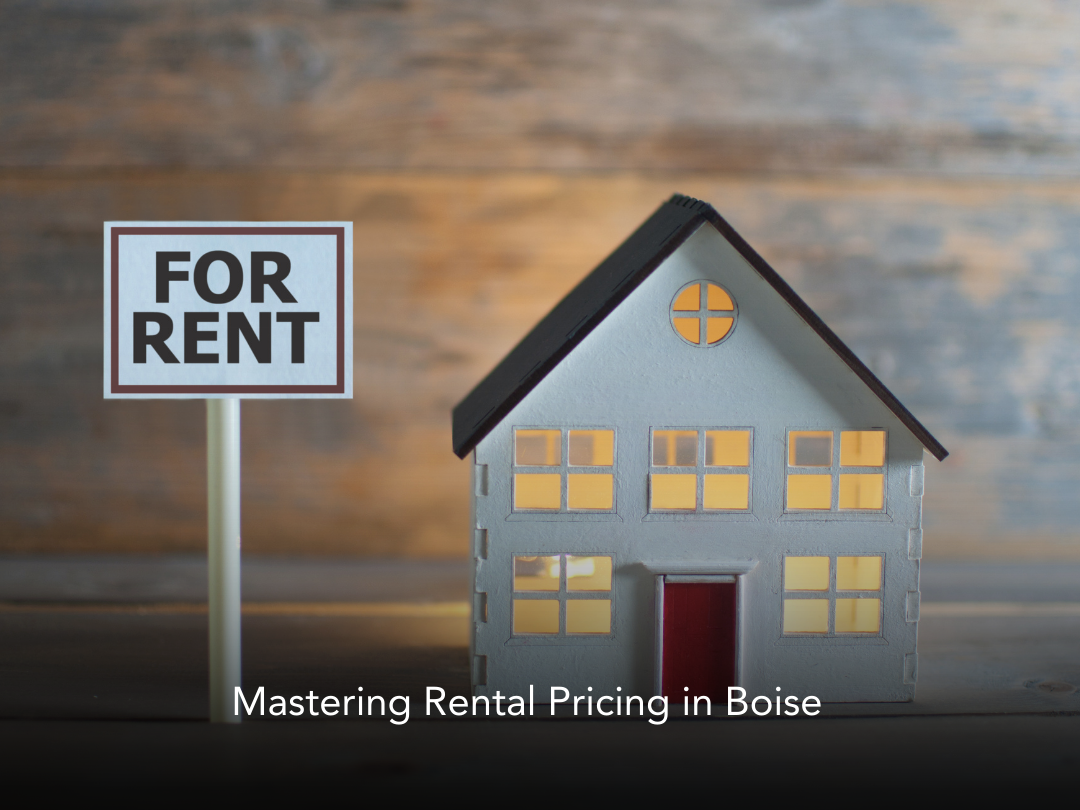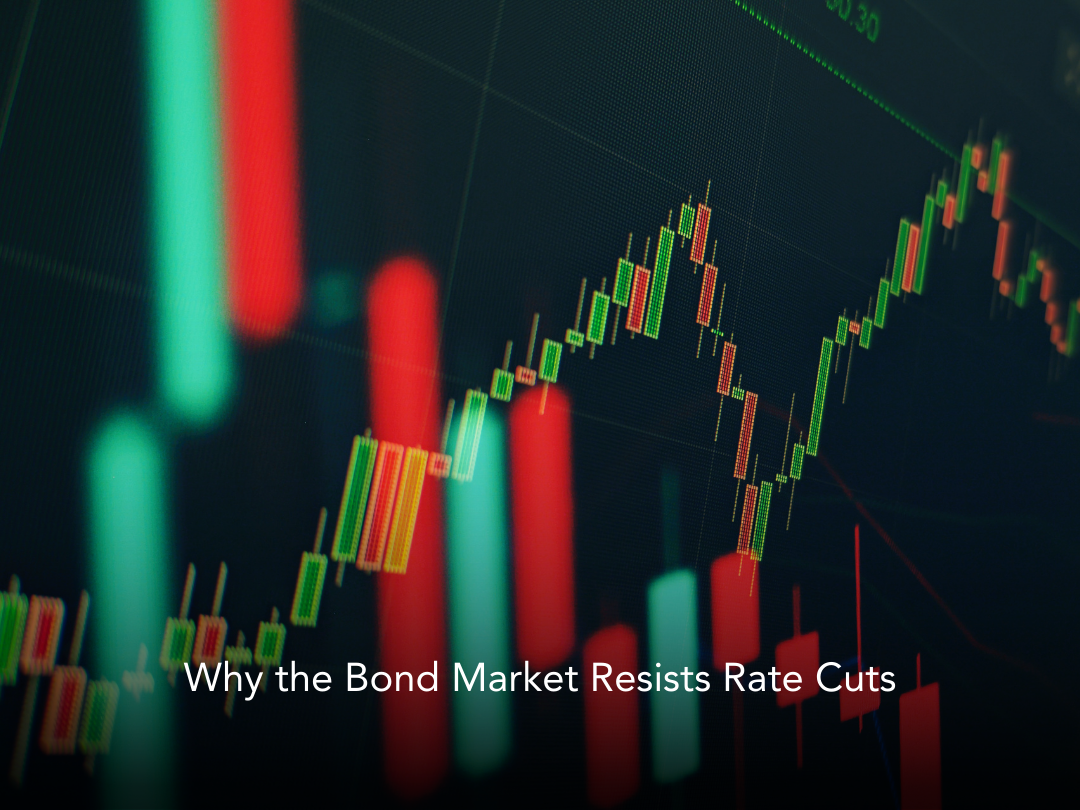Presidential election years stir the pot of uncertainty across various sectors, with the housing market being no exception. This blog dives into how these pivotal times influence market dynamics, offering valuable insights for those looking to buy or sell.
Why Real Estate Investors Must Monitor the Bond Market
How to Price Your Investment Property for Sale: A Comprehensive Guide
Discover expert strategies for determining the right asking price for your investment property. Learn how enhancements increase value, the importance of ROI, and tips from real estate professionals to maximize profits while remaining competitive. This guide offers insights into realistic pricing, the significance of market feedback, and optimizing your return on investment for a successful property sale.
Leveraging Reverse Mortgages to Acquire Investment Properties in Idaho
Discover Why Boise Is Irresistible to Homebuyers
Unlocking Wealth: How to Use Home Equity to Purchase Investment Property
Real Estate Investment Outlook for 2024: What to Expect
As we step into 2024, real estate investors are met with a landscape shaped by a multitude of factors, from economic shifts to technological advancements and evolving consumer preferences. Understanding the trends and anticipating market movements can be instrumental in making informed investment decisions.
Understanding Cash on Cash Return in Real Estate Investing
In the realm of real estate investing, there are various metrics used to evaluate the performance and profitability of an investment property. One such metric is cash on cash return, which provides investors with valuable insight into the potential return on their initial investment. Understanding cash on cash return and how to calculate it is crucial for making informed investment decisions in the real estate market.
What is Cash on Cash Return?
Cash on cash return (CoC) is a financial metric used by real estate investors to assess the profitability of an investment property relative to the amount of cash invested upfront. It measures the annual pre-tax cash flow generated by the property as a percentage of the initial cash investment.
In simpler terms, cash on cash return indicates the return on investment (ROI) generated solely from the cash invested, excluding any financing or leverage used to acquire the property. It focuses on the cash flow generated by the property relative to the cash invested, providing investors with a clear understanding of the property's income-generating potential.
How to Calculate Cash on Cash Return:
Calculating cash on cash return involves a straightforward formula that compares the annual cash flow generated by the property to the initial cash investment. Here's the formula:
Cash on Cash Return = (Annual Pre-Tax Cash Flow / Initial Cash Investment) × 100
To break it down further:
1. Determine the annual pre-tax cash flow generated by the property. This includes the rental income minus operating expenses such as property taxes, insurance, maintenance, vacancy costs, and property management fees.
2. Calculate the initial cash investment, which typically includes the down payment, closing costs, and any initial renovation or repair expenses.
3. Divide the annual pre-tax cash flow by the initial cash investment.
4. Multiply the result by 100 to express the cash on cash return as a percentage.
Example:
Let's consider an example to illustrate the calculation of cash on cash return:
- Purchase Price of Property: $200,000
- Down Payment: $40,000
- Closing Costs: $5,000
- Initial Renovation Expenses: $10,000
- Annual Pre-Tax Cash Flow: $15,000
Initial Cash Investment = Down Payment + Closing Costs + Initial Renovation Expenses
= $40,000 + $5,000 + $10,000
= $55,000
Cash on Cash Return = (Annual Pre-Tax Cash Flow / Initial Cash Investment) × 100
= ($15,000 / $55,000) × 100
≈ 27.27%
Interpreting the Result:
In the example above, the cash on cash return is approximately 27.27%. This means that for every dollar invested in the property upfront, the investor can expect to receive a return of 27.27 cents annually in pre-tax cash flow.
Investors typically aim for a cash on cash return that meets or exceeds their target rate of return. The specific target rate may vary depending on factors such as the investor's risk tolerance, investment goals, and market conditions. Higher cash on cash returns indicate better profitability and may be more desirable to investors.
Conclusion:
Cash on cash return is a valuable metric for real estate investors seeking to evaluate the performance and profitability of investment properties. By focusing on the cash flow generated relative to the initial cash investment, investors can make informed decisions and assess the income-generating potential of potential investments. Understanding how to calculate and interpret cash on cash return empowers investors to identify lucrative opportunities and build a successful real estate investment portfolio.
Rental Property Depreciation: The Good and The Bad!
The Role of a Property Manager in Preserving and Enhancing Your Boise Investment Property's Value
A property manager plays a vital role in preserving and enhancing the value of your investment property, taking care of various aspects of property management that contribute to its long-term success. Let's explore the critical roles a property manager plays in maximizing the value of your Boise investment property.





























